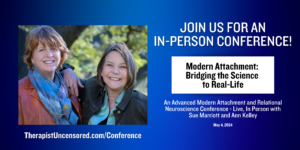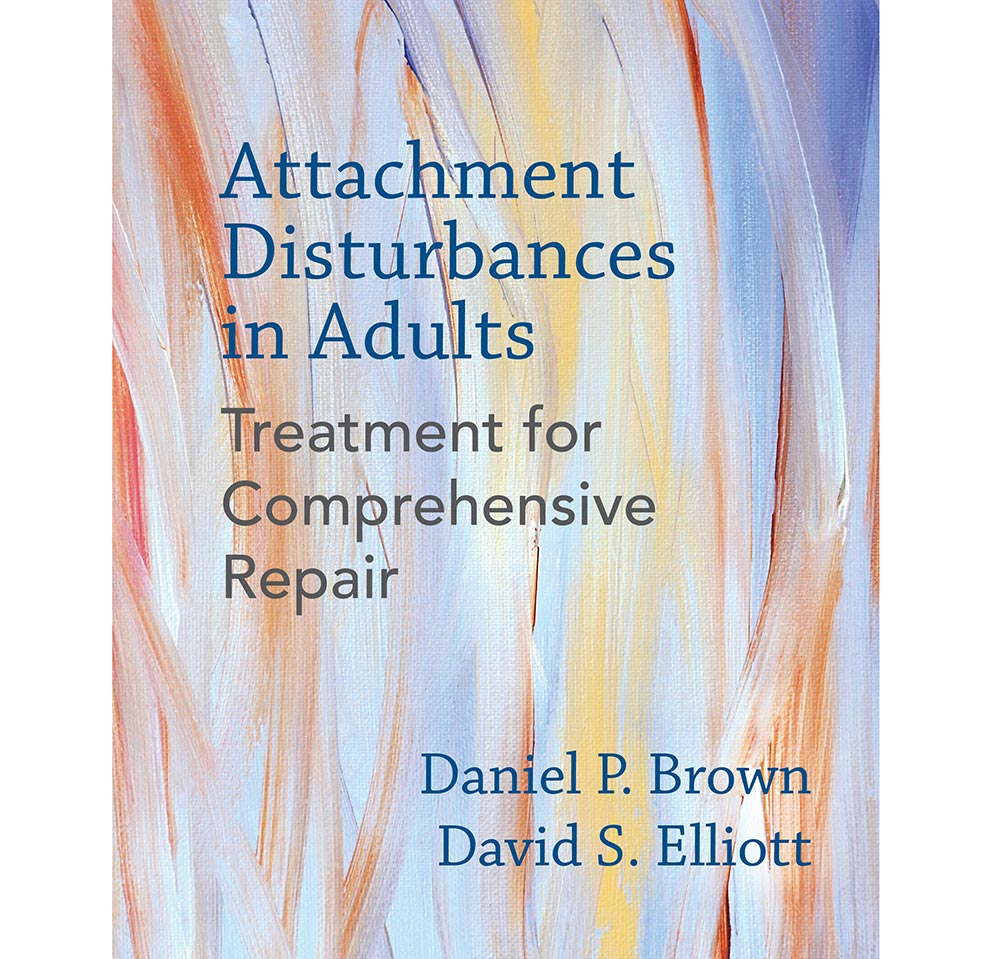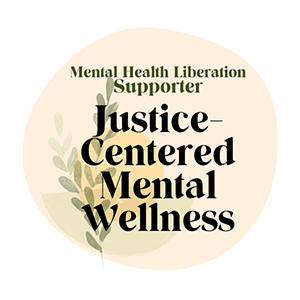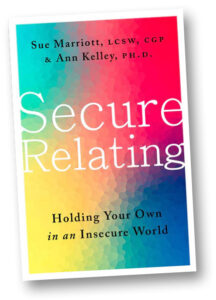Podcast: Play in new window | Download (Duration: 58:15 — 133.3MB)
Subscribe: Apple Podcasts | Spotify | Amazon Music
Appreciate this podcast? Then please, help us reach our goal of 7,000 pre-orders for Secure Relating, Holding Your Own in an Insecure World.
Your Own in an Insecure World.
Click here to learn more about the conference!!
Over 100 episodes after their last interview, Ann and Sue are thrilled to be back discussing all things attachment with Dr. David Elliott. Together they delve into the Three Pillars therapy model development, centered around three key elements: enhancing collaboration, fostering metacognition, and constructing new internal working models through imagery. Dr. Elliott elaborates on how the therapeutic journey prioritizes the therapeutic alliance, perspective-taking, and employing mental imagery to cultivate fresh attachment dynamics.
“…the field of attachment is full of wonderful research, researchers, and information – some of which is conflicting, some of which is controversial – but that just means the
field is alive and there's room for lots of people to offer ideas and to evolve the field further.” – Dr. David Elliott
Time Stamps for Integrative Attachment Therapy
About our Guest – Dr. David Elliott
 Dr. David Elliott is a licensed psychologist who earned his Ph.D. in Psychology from Harvard University in 1989. His clinical training at Harvard included externships at Tufts University Counseling Centerand St. Elizabeth’s Medical Center, as well as a clinical psychology internship and post-doctoral fellowship at McLean Hospital. He has held leadership positions in the Rhode Island Psychological Association and the Coalition of Mental Health Professionals of Rhode Island. Since 1998, Dr. Elliott has been on the faculty of the International School for Psychotherapy, Counseling, and Group Leadership in St. Petersburg, Russia, and serves as Chair of its International Advisory Board. He also teaches at Psykosyntes Akademin in Stockholm, Sweden. Dr. Elliott's recent focus has been on secure and insecure attachment, culminating in the co-authoring of “Attachment Disturbances in Adults: Treatment for Comprehensive Repair” in 2016. He conducts workshops internationally on the methods outlined in the book for mental health professionals.
Dr. David Elliott is a licensed psychologist who earned his Ph.D. in Psychology from Harvard University in 1989. His clinical training at Harvard included externships at Tufts University Counseling Centerand St. Elizabeth’s Medical Center, as well as a clinical psychology internship and post-doctoral fellowship at McLean Hospital. He has held leadership positions in the Rhode Island Psychological Association and the Coalition of Mental Health Professionals of Rhode Island. Since 1998, Dr. Elliott has been on the faculty of the International School for Psychotherapy, Counseling, and Group Leadership in St. Petersburg, Russia, and serves as Chair of its International Advisory Board. He also teaches at Psykosyntes Akademin in Stockholm, Sweden. Dr. Elliott's recent focus has been on secure and insecure attachment, culminating in the co-authoring of “Attachment Disturbances in Adults: Treatment for Comprehensive Repair” in 2016. He conducts workshops internationally on the methods outlined in the book for mental health professionals.
Resources for today's episode – Integrative Attachment Therapy
Dr. Elliott's Integrative Attachment Therapy Course Information – Follow this link for 5% off enrollment!

Check out Dr. Elliott's book – Attachment Disturbances in Adults: Treatment for Comprehensive Repair
Don't forget:
Register today for the May 2024 Conference – Earlybird pricing ending 4/1/24
Free public talk on Secure Relating in person, – Click here!!
Secure Relating will be in your hands when it's released 4/30/24 if you order it today!
Questions? Email us at info@TherapistUncensored.com
_______
Support the show by supporting our partners and the sponsors of today's episode
 For listeners of the show, Dipsea is offering an extended 30-day free trial when you go to DipseaStories.com/TU
For listeners of the show, Dipsea is offering an extended 30-day free trial when you go to DipseaStories.com/TU

Please consider giving to Mental Health Liberation
We support mental health access to those traditionally left out of mainstream healthcare and use a portion of the income we receive from corporate sponsors to do just that! We can only do that with the help of our Patrons – joining as a TU Neuronerd Podsquad premium subscriber, you support this mission and get a dedicated ad-free feed plus occasional very cool and unique study opportunities, reading groups, and unique surprises! We invite you to join our community. Click here to join!


















